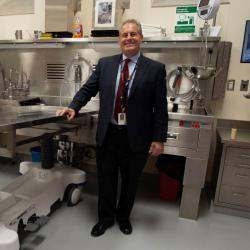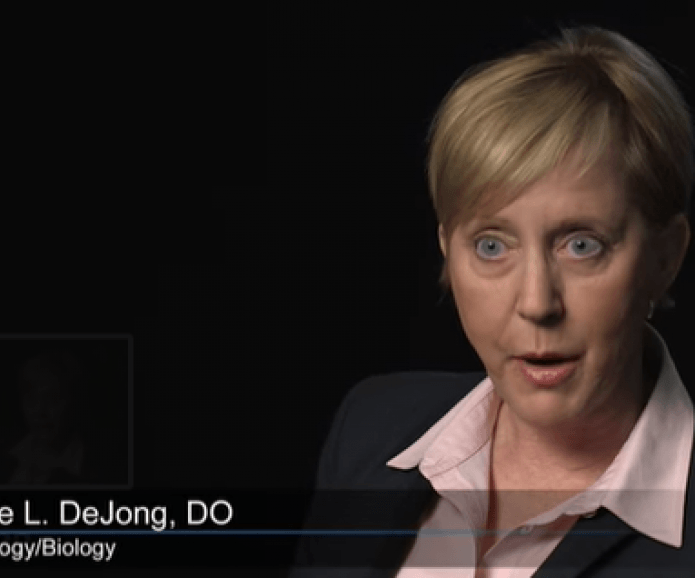
Membership in the Forensic Pathology/Biology Section
Forensic pathology is the application of the principles of pathology, and of medicine in general, to death investigations. Forensic pathologists perform autopsies to determine what caused a person's death. They are also involved in the investigation of the circumstances surrounding the death and play an important role in public health (i.e. disease and injury prevention.)

I have been an AAFS member since the time of my pathology residency back in the mid-1990s and have attended as many annual meetings as possible. The best feature about the Academy is the opportunity to interact with scientists and experts with tremendously diverse backgrounds. The ability to learn from toxicologists, anthropologists, attorneys, medicolegal death investigators (and the list goes on) is a privilege that is unavailable at other scientific meetings I attend. And since my daily work routine frequently involves these other disciplines, staying current is essential.
- Jim Caruso, MDSection Leadership

Hear from a Forensic Pathologist/Biologist
Forensic biology is the application of the life sciences to death investigations in order to help answer questions such as body location, body identification and postmortem interval. The forensic biologist typically serves as a forensic specialist. Forensic biology comprises diverse fields such as entomology, genetics, microbiology, ecology, and botany.
Pathology/Biology Section Awards
Pathology/Biology Membership Requirements
Applicants are reccomended understand which requirements they have met to determine which *entry level status they may join.
Recent Pathology/Biology Section News
All AAFS Sections
AAFS is organized into 12 sections that encompass many forensic science disciplines. AAFS is honored to have more than 6,500 members from around the globe.
